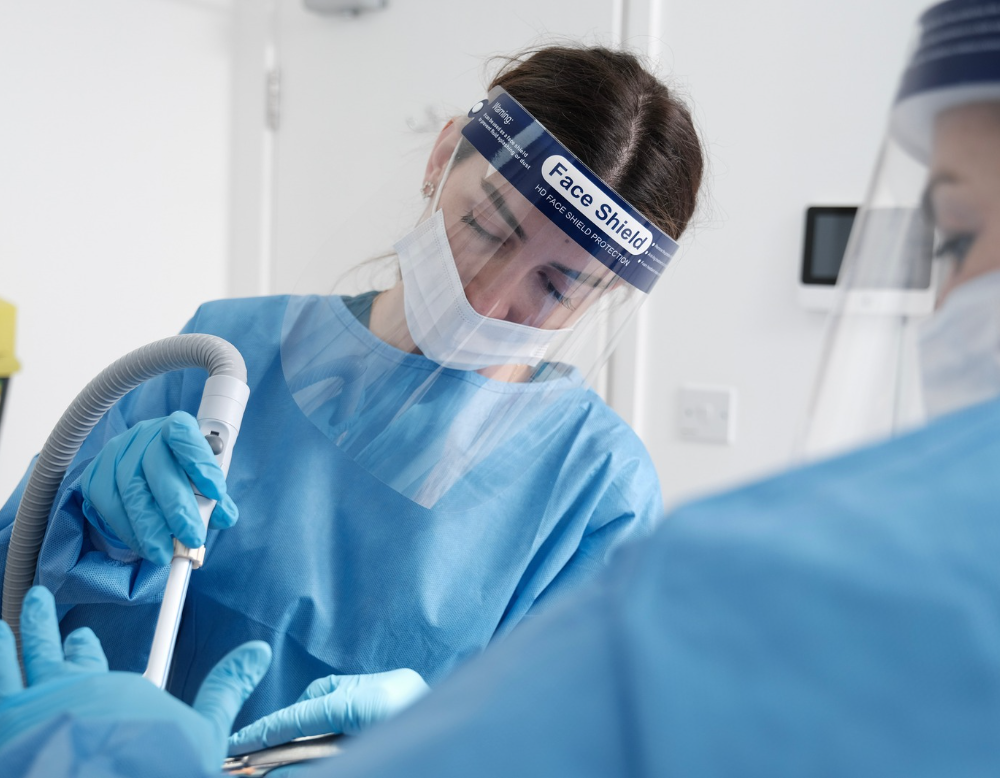

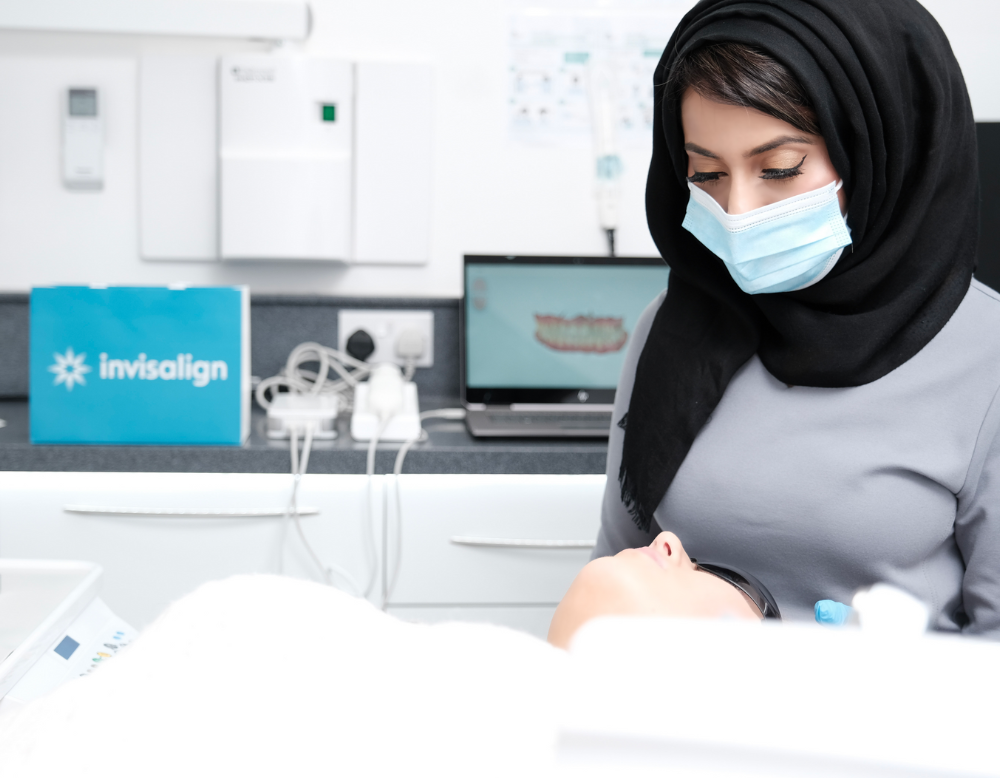
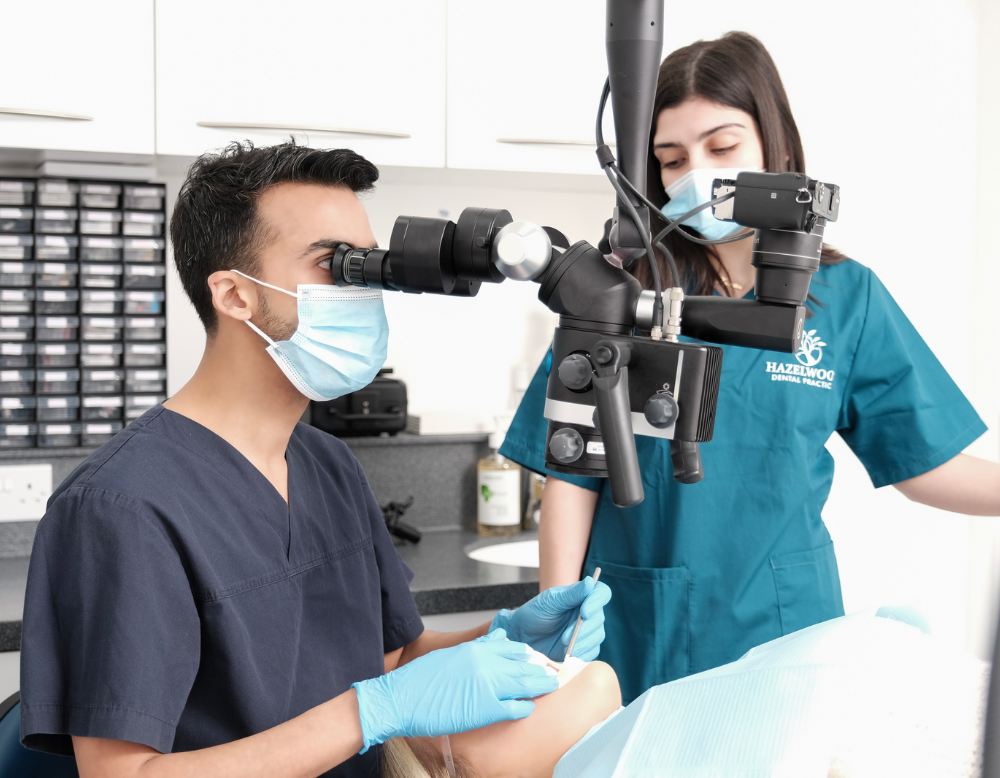

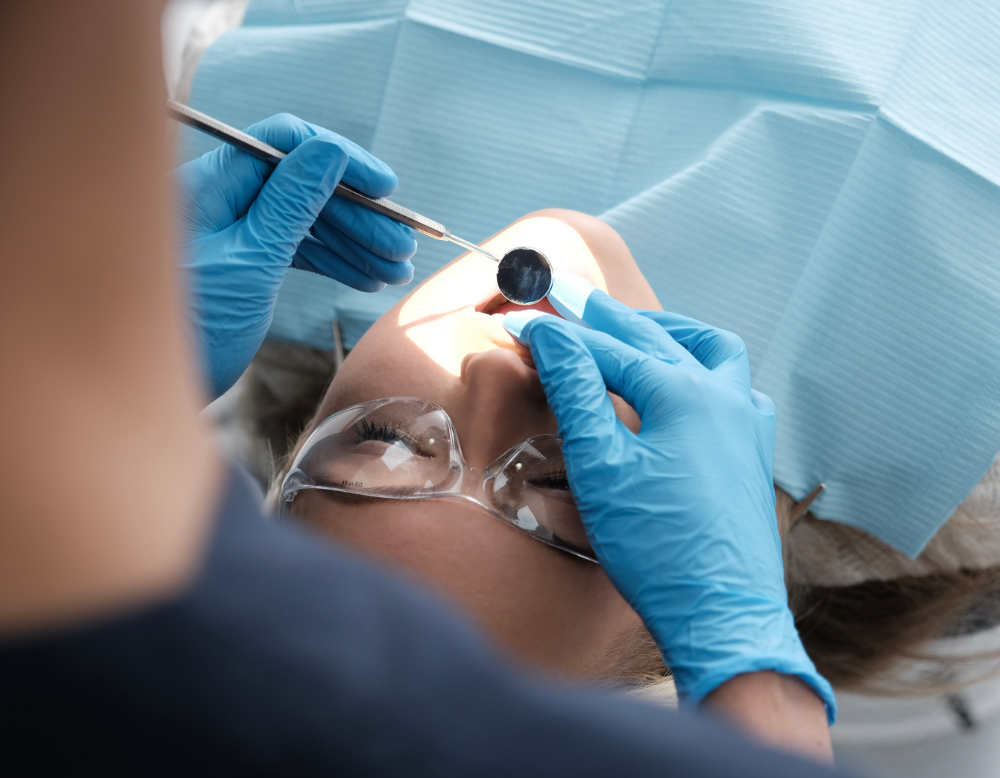
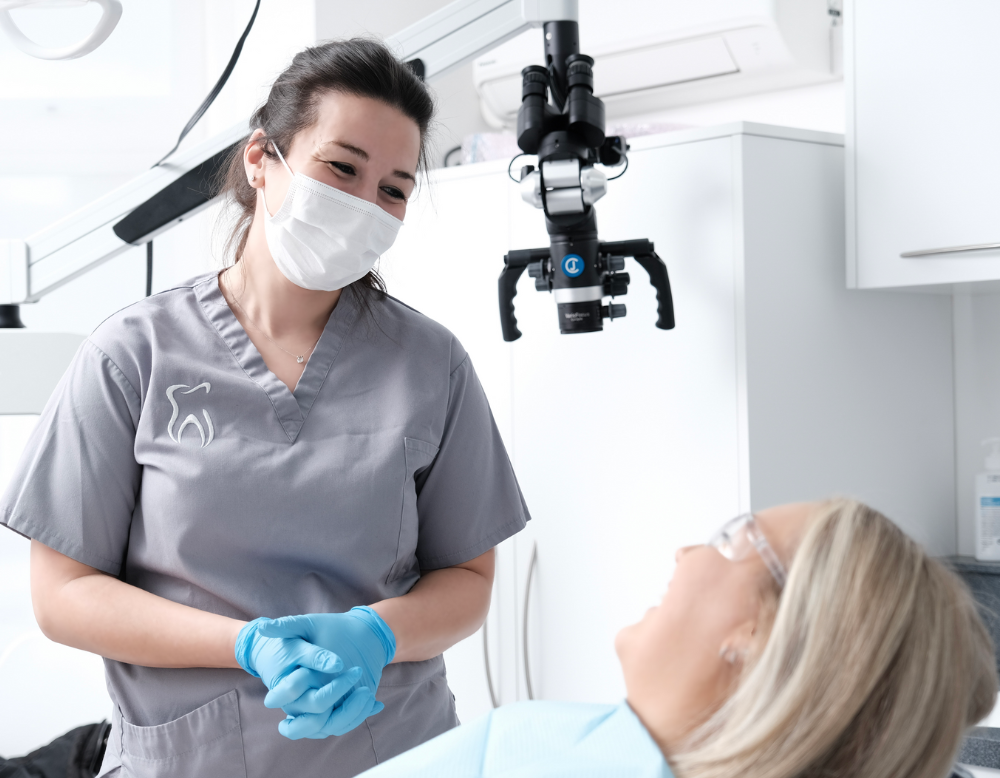
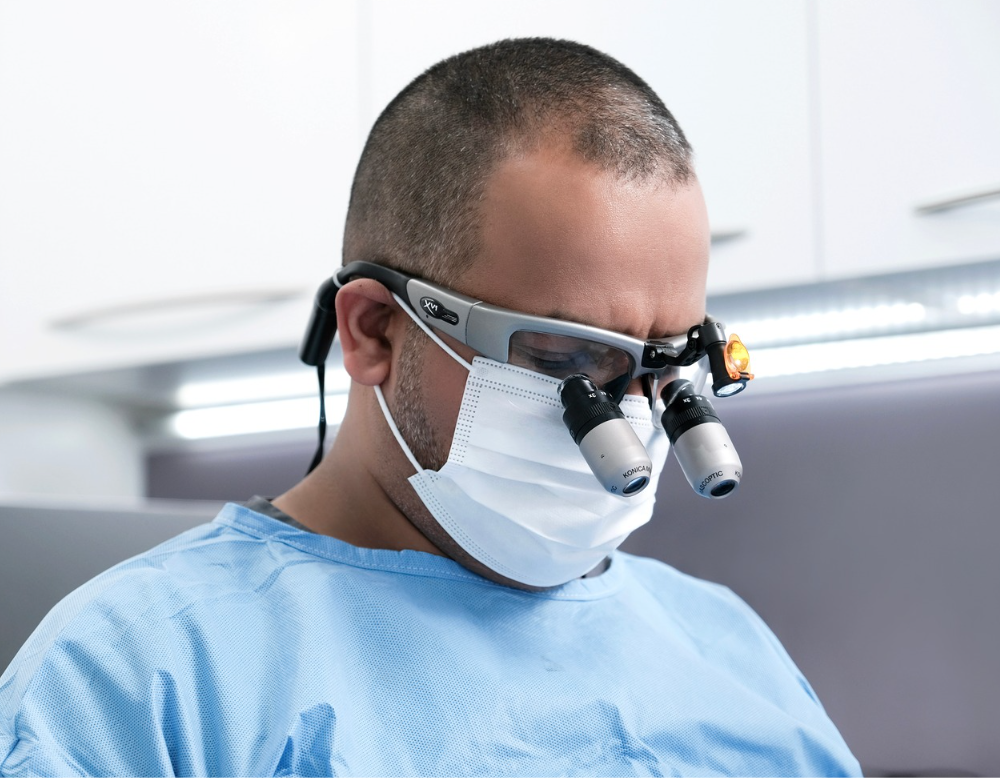
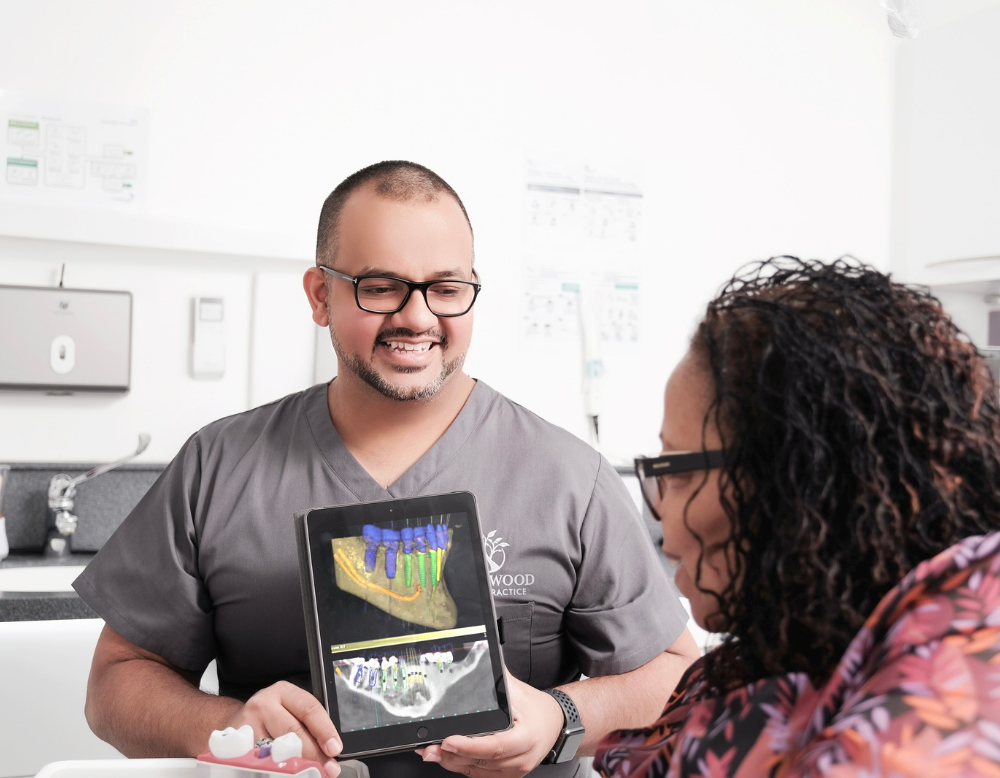

Mouth cancer, sometimes called oral cancer, can affect the lips, tongue, cheeks and throat. Every year in the UK, there are 4,000 new cases of mouth cancer identified and 1,700 deaths. Mouth cancer is particularly associated with people over 40 who smoke and/or drink alcohol. However, younger people can also fall victim to the disease.
Mouth cancer is a malignant growth that can occur in any part of the mouth. Common areas of the mouth that are susceptible to cancer are the tongue, the insides of the cheeks, the roof of the mouth, the lips and the gums. Less common areas are the pharynx, the tonsils and the saliva glands.
Mouth cancer usually manifests as a painless ulcer that does not heal normally. Less often, a red or white patch in the mouth may develop into cancer.
Anyone can be affected by mouth cancer, though it usually occurs in people aged over 40 years. It is also more common in men than women.
Smoking or chewing tobacco greatly increases your risk of mouth cancer. Heavy drinking is also a risk factor. If you both smoke and drink, then your chances of getting mouth cancer are much greater.
If mouth cancer is recognised early, then there is a good chance that it can be treated. For this reason, check your mouth regularly and report anything suspicious to your doctor or dentist. Regular dentist appointments also help because dentists are trained to spot early signs of mouth cancer.
If you want to talk in confidence about cancer, call Cancer Research UK on 08088 004 040. It’s a free phone number for people affected by cancer.
If you want advice on how to stop smoking, call the NHS non-emergency number on 111.
Back to Blog
“I had a tooth extraction with Dr Femi and his nurse, Christine, today; they are the best! I was very nervous, and they both made me feel at ease, ensured I was okay and explained the process in detail to me. I am very happy and already feel better. Dr Femi is the best and...”
“I’m so happy I’ve been given the all-clear after being fitted with dental implants. Thank you, Dr Hussein Asaria, for performing the surgery with minimal discomfort and feeling so at ease throughout the procedure. I am so glad the procedure went smoothly, and I recovered really well. I am pleased with the results and wish...”
“I was a nervous patient and was worried about having my tooth taken out. Dr Femi and his nurse were so amazing. I had a denture to be fitted, and he did that. It was done very quickly, and the nurse was very caring. I have to say I have had no pain since. This...”
“Dear Hazelwood Dental Practice, just to let you know that Femi and Christina did a fantastic job on my mother removing 3 front teeth. She had a bit of pain with the injections, but apart from that, there was no pain with the removal of the teeth and no pain thereafter. As my mother was...”
“I had a tooth extraction with Dr Femi and his nurse, Christine, today; they are the best! I was very nervous, and they both made...”
“I’m so happy I’ve been given the all-clear after being fitted with dental implants. Thank you, Dr Hussein Asaria, for performing the surgery with minimal...”
“I was a nervous patient and was worried about having my tooth taken out. Dr Femi and his nurse were so amazing. I had a...”
“Dear Hazelwood Dental Practice, just to let you know that Femi and Christina did a fantastic job on my mother removing 3 front teeth. She...”
Error: No connected account.
Please go to the Instagram Feed settings page to connect an account.


